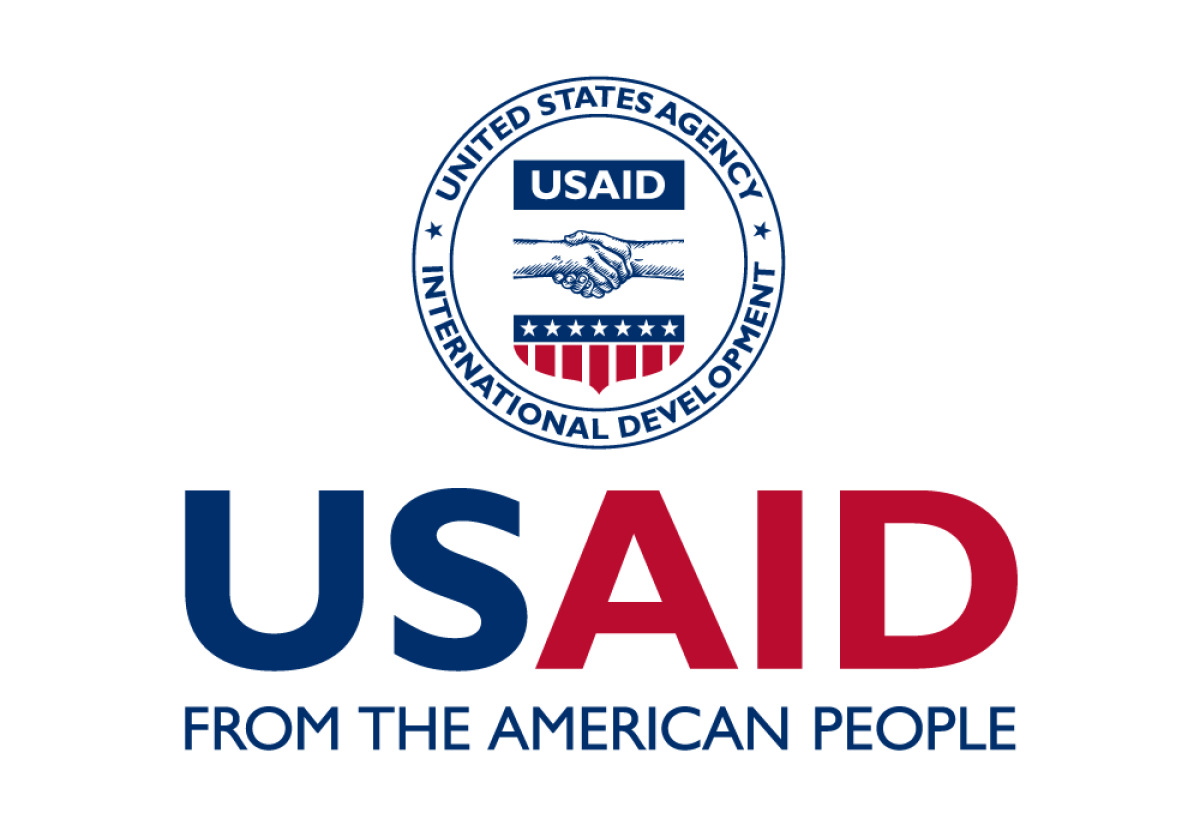300 Residents in St. James Benefit from USAID Community Empowerment Fair
By: , April 4, 2024The Full Story
Approximately 300 residents of Norwood, Flankers and Salt Spring in St. James benefited from the United States Agency for International Development (USAID) Community Empowerment Fair, which was held at the Holy Trinity Anglican Church in Montego Bay recently.
The fair formed part of USAID’s Positive Pathways Programme, which targets support for Jamaican beneficiary communities, parents, and families to prevent youth violence through wide-ranging activities.
These include school-safety programmes, parenting interventions, conflict resolution sessions, life skills, training, psychosocial support, literacy training, technical and vocational training, business and entrepreneurship training, career counselling, and job placement assistance.
Chief of Party for the Positive Pathways Programme in Jamaica, Natalie Wheatle, told JIS News that the fair was aimed at empowering communities with at-risk youth to be more productive and “more active” citizens of Jamaica.
“We have various service providers who provide psychosocial support, civic documentation, health services and education support,” she outlined.
Organisations providing support at the fair included the Ministry of Labour and Social Security; Passport, Immigration and Citizenship Agency (PICA); Tax Administration Jamaica (TAJ); Registrar General’s Department (RGD); Planning Institute of Jamaica (PIOJ); HEART/NSTA Trust, and Peace Management Initiative (PMI).
Meanwhile, Ms. Wheatle told JIS News that the programme is active in the three target communities in St. James and aims to give at-risk youth in these areas access to much-needed opportunities.
“Right now, we have a programme going on within these three communities where we are working with 180 vulnerable youth, and we are providing the necessary opportunities that they need. In other words, we are providing pathways for them so that they can be successful,” she outlined.
“So, we are dealing with the psychosocial aspects and we are also offering livelihood opportunities to them, such as workforce development, vocational skills training, mentorship support to start a new business, and job placement,” Ms. Wheatle further indicated.


